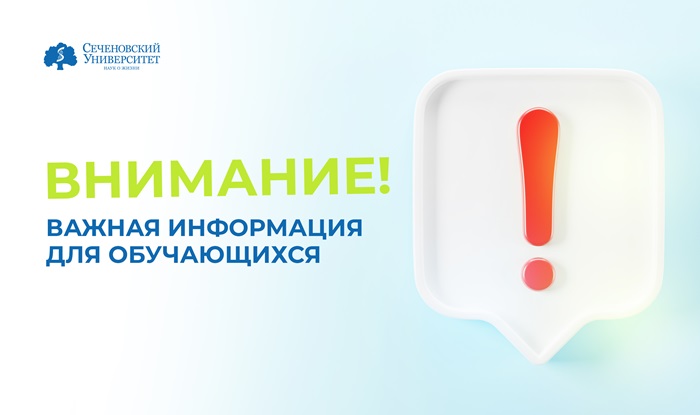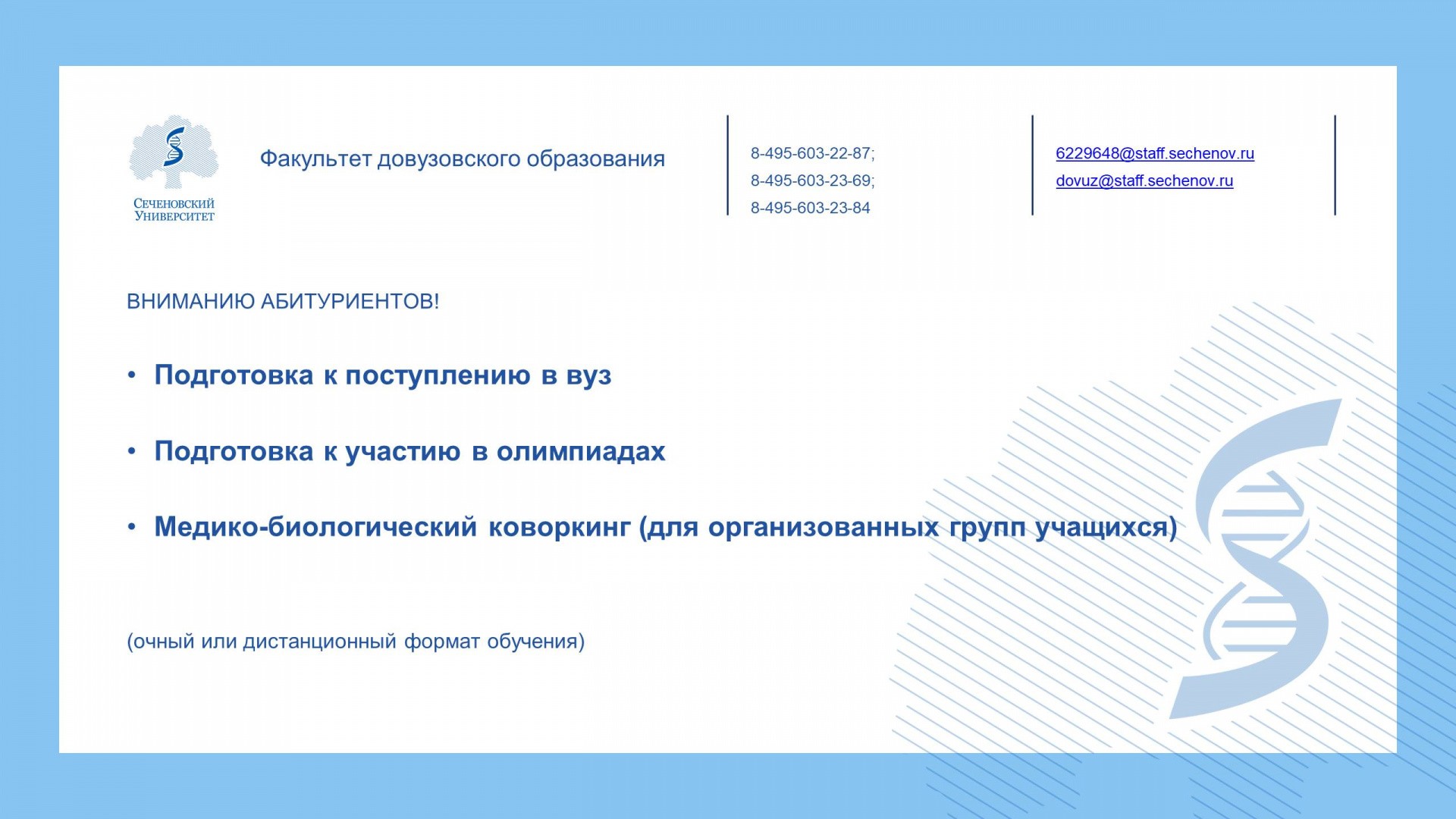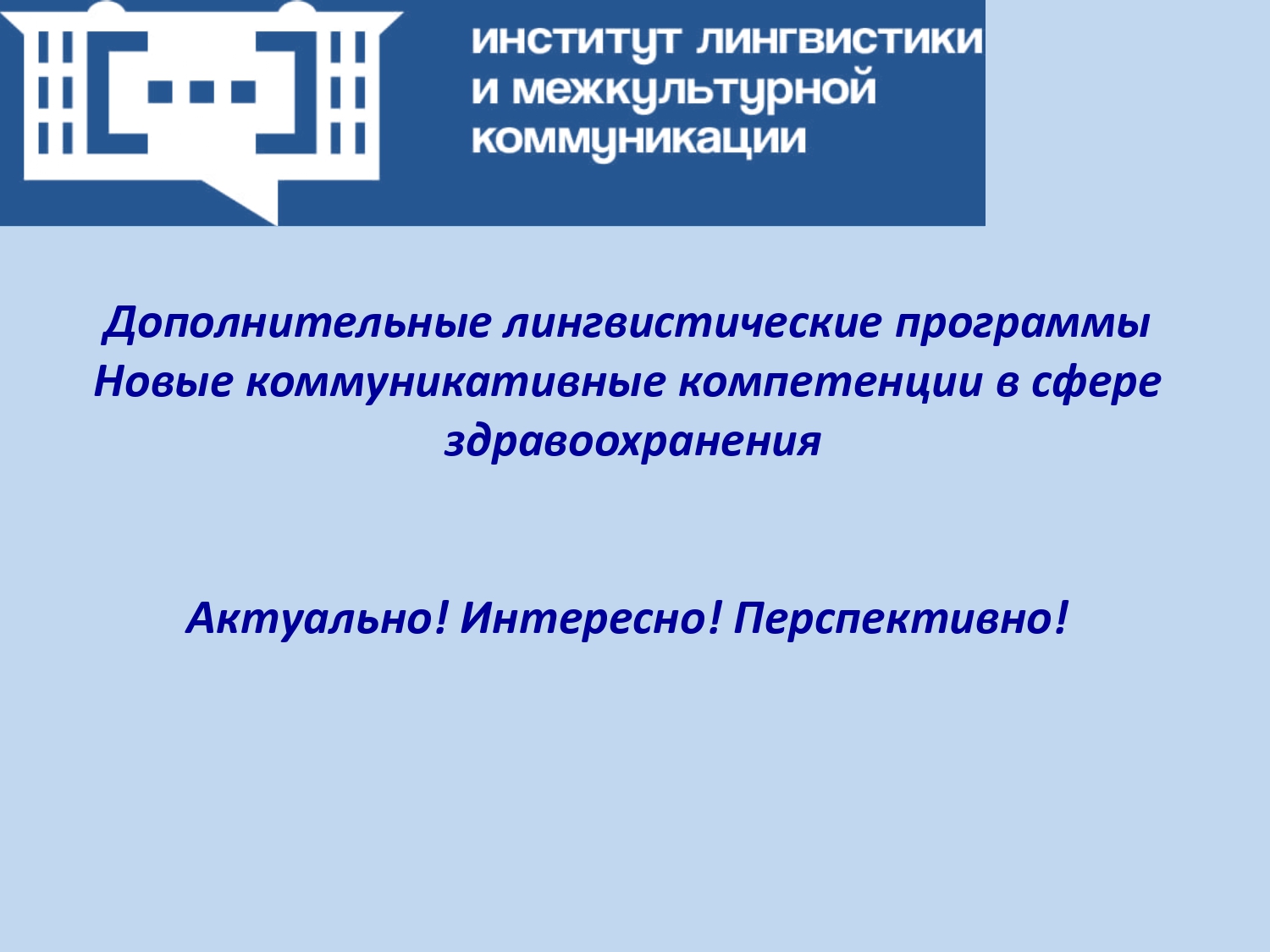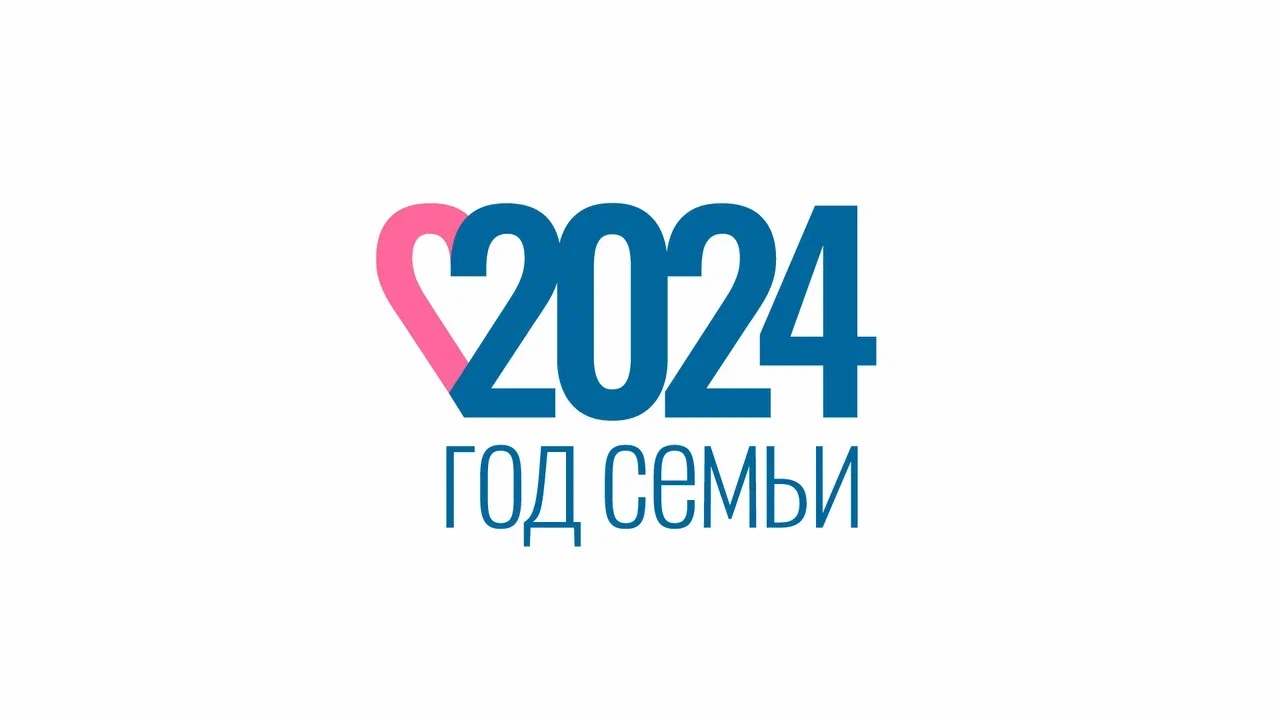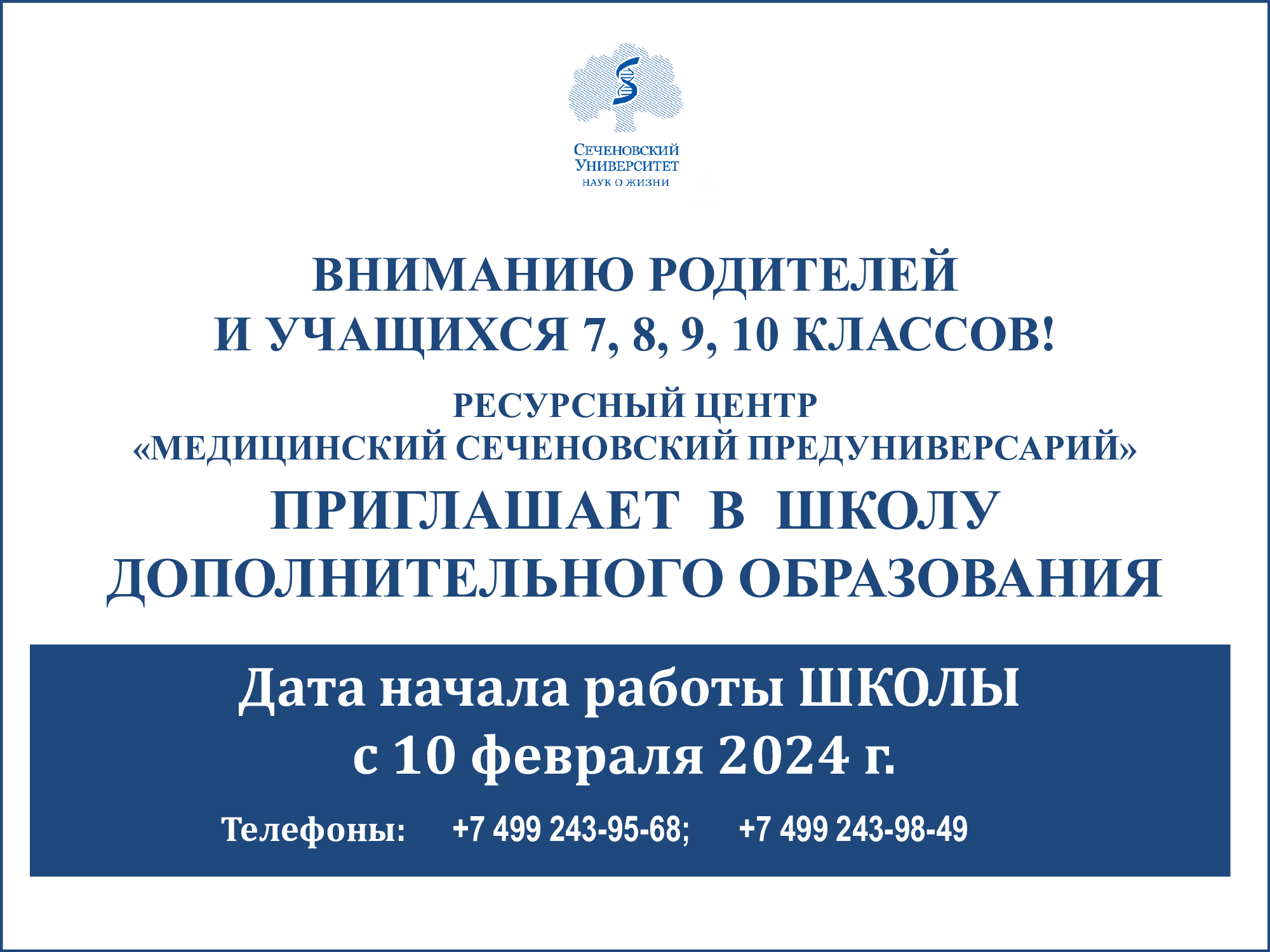Cats Project: Scientists of Sechenov University & Medical University of Vienna are creating vaccine against cat allergies
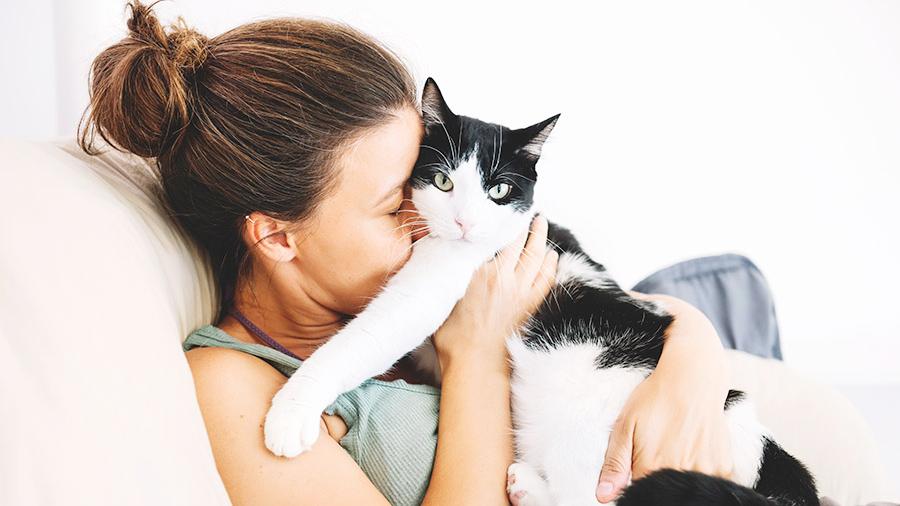
Scientists from the Sechenov University and the Medical University of Vienna joined forces to work on what has been called the Cats Project. Sechenov University & Medical University of Vienna established international mirror laboratories where young researchers have started working on the vaccine. The aim is to create an effective a cat allergy vaccine.
The experts have already made impressive progress.
"We used proteins for the vaccine. They are artificial, not from cats. We reduced their allergenic potency to make the therapy easier for patients," said Rudolf Valenta, one of the project leaders and the Director of the Institute of Pathophysiology and Allergology of the Medical University of Vienna.
Results of international studies show that 50% of Russian children suffer from sensibilization (hypersensitivity) to a cat allergen. Clinical symptoms may appear and progress as time passes and may go as far as severe asthma and life-threatening conditions. This is why developing this vaccine is so important.
According to Prof. Alexander Karaulov, Head of the Department of Clinical Immunology and Allergology of the Institute of Molecular Medicine of the Sechenov University, cat allergens are proteins contained in cat hair, saliva, sweat and litter.
Scientists believe it is important that the new medication is based not on natural proteins, but on recombinant versions created artificially using biotechnological methods. It is also important to note that, for the first time, the vaccine will contain all eight known cat allergen proteins.
"All eight recombinant allergens have already been created. We are now going to study the action of their different combinations in the vaccine," noted Karaulov.
The new medication will be useful for people who already have the allergy or they are exposed to cat allergens. It will produce protective antibodies that prevent certain (clinical) cat allergies symptoms from developing in people. It is thought that it will later be possible to use the medication to prevent the development of the cat allergies altogether.
"We will be able to vaccinate pregnant women so that they will transfer these antibodies to their babies," Prof. Valenta told.
Marina Apletaeva, an allergist and immunologist, is certain that the new medication will be exactly what patients need.
"It's a good and, most importantly, safe vaccine. Using inactive artificial antigens opens up new prospects for their further development. It could improve the quality of life for people with the allergy," she said.
The scientists believe that success of the future vaccine depends on the fact that it is based not on natural proteins & allergens, but on artificially created recombinant proteins. Scientists expect preclinical tests to take up to three years. Another year will be needed for toxicological tests. Scientists will then be able to start clinical trials with patients. The whole process, from development of the medication to market entry, will take at least five years.


